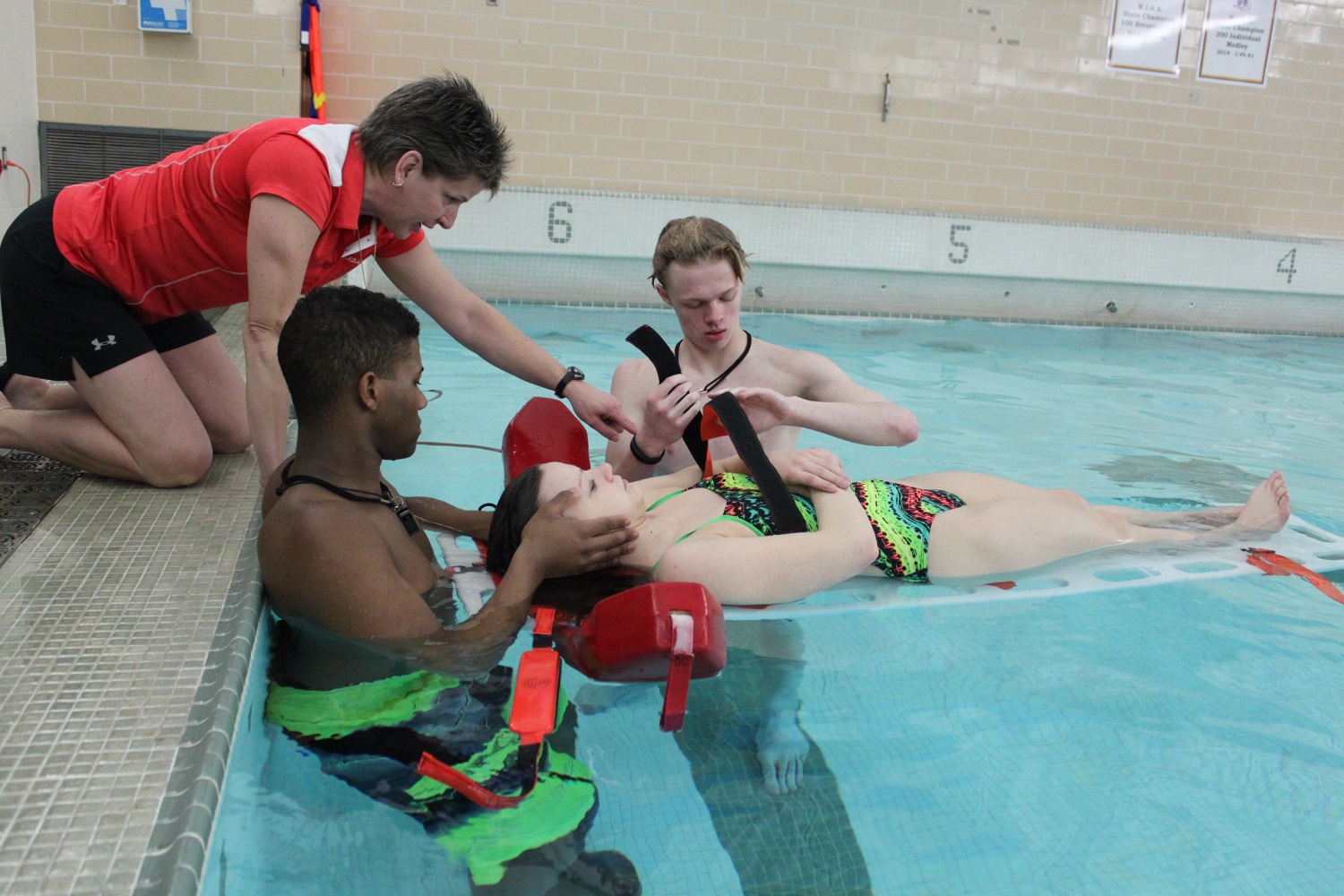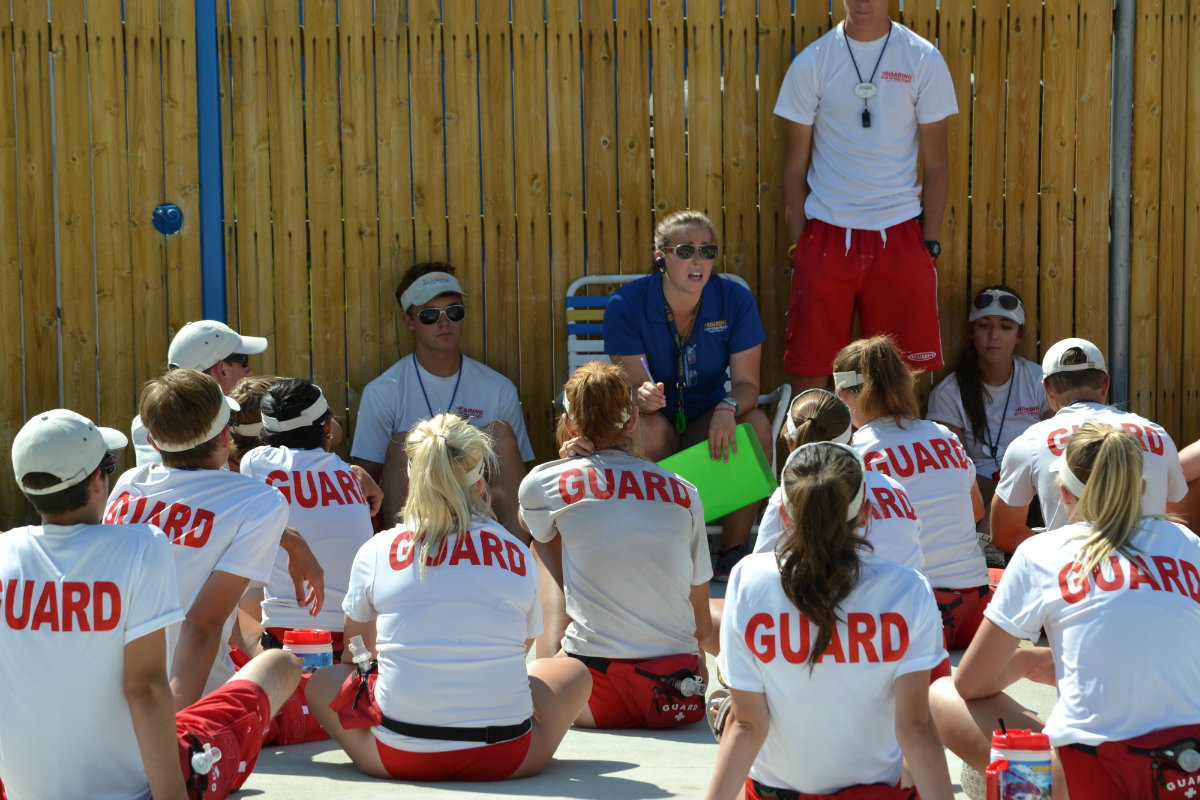Realizing they’re losing talent to low-entry jobs in retail and food service, some cities and counties are doing what they can to remove the obstacles that hold back many teens and college students from pursuing careers as lifeguards.
Chief among those barriers is the cost of certification, which can demand upwards of $250, depending on the certifying agency.
That’s a hefty price to enter a field that offers mostly part-time seasonal work. As public pool managers have struggled to fill positions, employers have had to reexamine their expectations of applicants.
“We were charging upfront fees before we could even hire them on,” said Will Kocher, a facility manager with Salt Lake County Parks and Recreation. “In a lot of areas in our community, that was a significant barrier, and we wanted to remove that.”
This season, the department decided to waive the fees. The screening process includes an interview and water-skills test. Once hired, lifeguards can work toward earning their certificates while on the payroll.
“This will probably be the first time we’ve been fully staffed in six years,” Kocher said. “This is an experiment that’s yielding dividends.”
Article continues below
-
How High School Lifeguarding Curricula May Supply the Answer to Recruitment Woes
A growing number of schools are giving students the opportunity to earn water rescue certification for PE credit. Some employers need look no further than their local school district.

The City of Irvine, Calif., is into its second year providing free certifications to employees. The recruiting strategy gives the city a competitive edge against the public beaches, resorts and waterparks that all vie for lifeguards.
“We’re drawing in kids who might not consider lifeguarding as a summer job otherwise,” said Cory Hilderbrand, aquatics supervisor.
While effective, this approach isn’t without risk. There is the chance that some new hires won’t be able to pass the certification course, even if they aced the skills assessment during the interview. Of the 60-plus recruits this season, four didn’t make the cut, but they still got a paycheck, Hilderbrand said.
There also is the possibility that some newcomers will quit shortly after getting certified. Some even will defect to neighboring cities or private facilities for higher pay, agencies report. Hilderbrand said this hasn’t been a big problem for his department. Lifeguards tend to remain loyal to the city because they receive plenty of hours.
It also helps to pay competitively. The City of Rochester, N.H. recently upped the pay for regular lifeguards from $8.50 to $10. That’s in addition to free training and certification.
“If they give us a good summer’s work, we’re happy to pay for it,” said Art Jacobs, recreation supervisor.
Another approach gaining traction is to charge an upfront cost for the certification, but reimburse new hires after they complete a season, or at least a certain number of hours. Not only is this less risky, employers say it’s a good way to get recruits to commit.
This is how the City of Newark, in California’s Bay Area, does it: It offers certifications at a deep discount. Candidates pay only $75, as opposed to $230. If, for whatever reason, they turn down a job offer, they’ll have to pay the difference back to the city.
But that rarely ever happens.
“I’ve had that issue once in the past four years,” said Nick Cuevas, aquatics coordinator.



